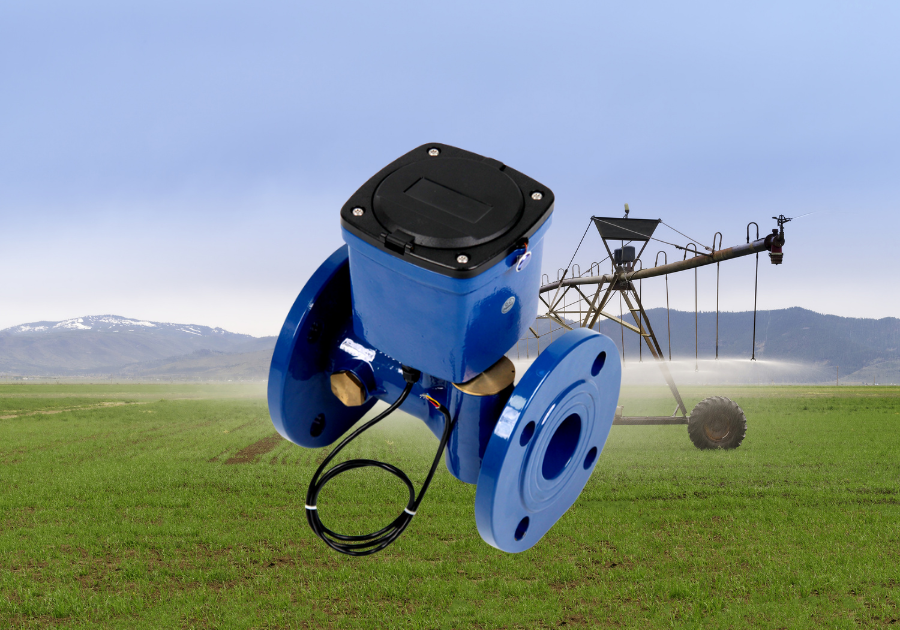Compared with household water meters, large-caliber water meters have a wider range of application scenarios.
Bulk water meters are widely used in water supply networks, farmland irrigation, firefighting and industry. When choosing, mechanical and ultrasonic water meters need to be considered from four aspects: metering performance, water flow conditions, installation environment and cost.
Metering performance
Mechanical water meters measure flow rate. Ultrasonic water meters are based on ultrasonic time difference method, which has higher accuracy, and can further improve performance and reduce sensitivity to flow field distortion through multi-channel design. Its flow range (Q3/Q1) can reach 400:1, far exceeding the 100:1 of mechanical water meters, and has better metering performance.
Water flow conditions
Although mechanical water meters can adapt to various water flow states such as stable flow, slow-changing flow, transient flow and intermittent flow, their mechanical structure is easy to wear and the accuracy will decrease after long-term use. Ultrasonic water meters are more accurate in measuring under stable flow, have no mechanical parts, require less maintenance, have a long life, and are more suitable for smart meter reading and remote management. Therefore, when conditions permit, ultrasonic water meters are a better choice.
Installation environment
Although mechanical water meters have better adaptability to temperature, humidity and electromagnetic interference, ultrasonic water meters have no moving parts, have lower requirements for water quality, are not easily affected by sediment, suspended matter, etc., and have strong resistance to water shock and wider adaptability. At the same time, its structure is simple, maintenance requirements are low, and it is more suitable for complex or harsh installation environments.
Cost
The initial cost of ultrasonic water meters is slightly higher than that of mechanical water meters, but the price difference is smaller when the diameter is large. It usually has its own data output function and supports remote transmission without the need for additional equipment. If mechanical water meters need to achieve remote transmission, they need to increase costs and the overall cost is higher.
In general, Tengyue Metering, as a professional smart water meter manufacturer, recommends that bulk water meters choose ultrasonic type based on application scenarios, accuracy requirements, water flow conditions, installation environment and budget.

